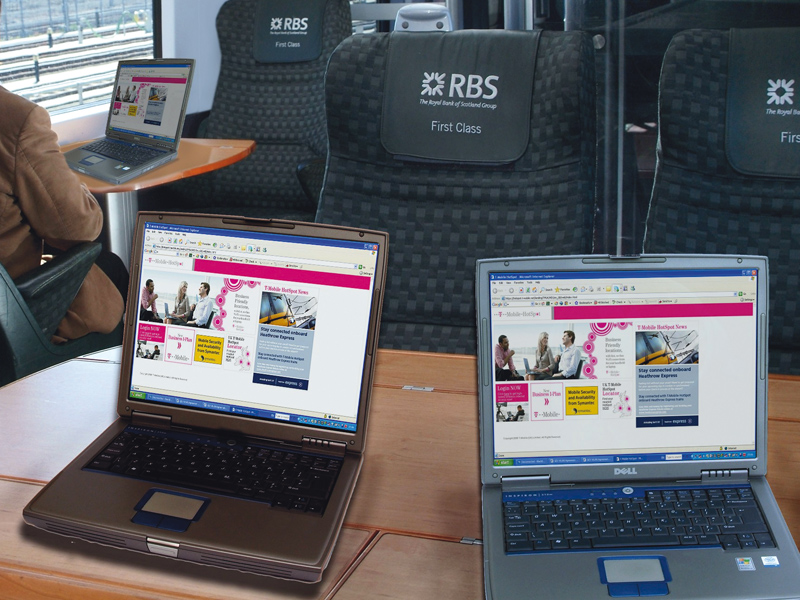
Hot desking, virtual meetings and working on the move are all concepts that are going to radically change how we earn our livings.
Advances in mobile technology are driving this transformation in our working lives as PDAs and smartphones meld together, notebook PCs become smaller and more powerful and, with WiMax just around the corner, super fast access to the internet becoming available to anyone anywhere.
On a practical level, is it possible to become a digital nomad and work wherever you happen to lay your notebook PC? We take a close look at the latest mobile technologies, but more importantly, we'll also show how the best of them can finally deliver the mobile computing experience that we've all been waiting for
The road warrior's armory
Yesterday's road warrior was armed with a notebook PC, mobile phone, PDA and a bag full of peripherals. Today you can work with a device that can easily fit into your pocket. And you don't need to wait for the release of MIDs (Mobile Internet Devices) to be fully enabled for mobile computing. Just your trusty PDA and an internet connection could be enough for your needs.
PDAs may soon be threatened by larger, more powerful MIDs, but they still have the advantage of size and long battery lives to beat. The mobile in your pocket may be primarily for voice calls and text messaging, but it can do much more.
The evolution of the mobile phone as a data device has not yet been perfected, but the technology available for purchase today promises to finally deliver the Holy Grail of a portable and usable multimedia device.
Get daily insight, inspiration and deals in your inbox
Sign up for breaking news, reviews, opinion, top tech deals, and more.
Take the Nokia N series, for instance. Not much to shout about at first glance, perhaps, but look a little deeper and you'll see a powerful communications device that happens to also let you make calls. The latest E71 handset could become the heart of your digital life. Full sat-nav capability plus high-speed HSDPA connection means that it is a viable alternative to the Blackberry.
Apple clearly has its sights on the business market. Some high profile business users have embraced the latest 3G iPhone now that it supports Microsoft Exchange ActiveSync to deliver the essential push email that business users demand. Whether Apple can unseat the dominant Blackberry remains to be seen.
Desktop power in your pocket
MIDs that actually deliver your desktop PC's power and capability in an ultra-portable device are just around the corner, but for now the recent rash of small form factor PCs offer a halfway house. The Asus range started the ball rolling, and now the Acer Inspire One costs only £200 if you're happy to run Linux and not Windows. If you need Windows then take a look at the HP Mini-Note, but watch out for its battery life.
The arrival of Intel's Atom processor has enabled manufacturers to develop compact notebooks that deliver all the computing power you need to work on the move packaged in a diminutive shell. This makes these devices into 'go-anywhere workstations', as long as you don't want to do processor intensive tasks.
Throw in one of the mobile broadband dongles that are now available on every network and you suddenly have a powerful mobile office with few compromises on power, applications and mobility. However, be careful which network provider you choose and be prepared for long contracts and a wide variety of costs per megabyte if you go over your monthly limit. And try to stay in the 3G data cloud when you can.
Connection speeds in a GPRS zone can be as low as 200Kbps, making web access a retro dial-up experience. If you intend to use your dongle to make VoIP calls, check your user agreement before you sign. Some networks won't allow this on cheaper tariffs.